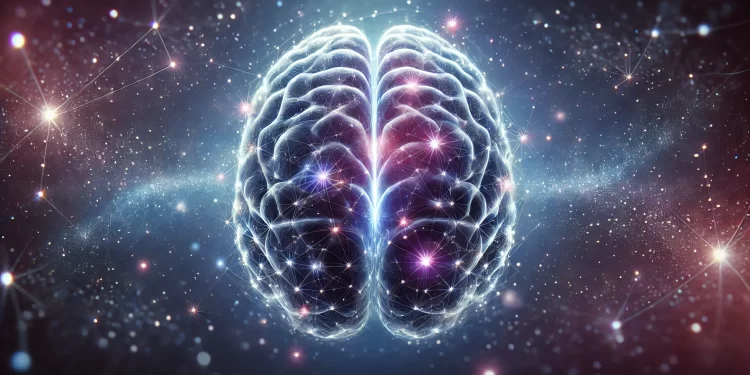In a recent breakthrough experiment, researchers delved deep into the mystery of consciousness using rats and anesthesia. The study, conducted at Wellesley College, Massachusetts, revealed that tiny structures in the brain—known as microtubules—may be integral to the experience of consciousness. But what’s truly fascinating is that these microscopic tubes could operate in the quantum realm, hinting that our awareness might stem from a phenomenon far beyond classical physics.
Quantum Consciousness
The study used isoflurane, a common anesthetic, to induce unconsciousness in rats. A second group of rats was given additional microtubule-stabilizing drugs, which surprisingly extended their conscious state compared to the control group. These findings, published in eNeuro in August 2024, support the idea that microtubules might play a critical role in maintaining consciousness.
For decades, the origins of consciousness have baffled scientists. This new research brings us closer to understanding the mechanics behind our awareness, and it may validate a long-standing theory: consciousness could be rooted in quantum processes. First proposed by physicist Roger Penrose and anesthesiologist Stuart Hameroff in the 1990s, the “Orch OR” theory suggests that microtubules inside neurons perform quantum computations, which may generate consciousness itself.
In classical physics, particles exist in fixed, measurable locations. However, in quantum physics, particles behave more like clouds of possibilities until they are observed, at which point they collapse into a defined state. Penrose hypothesized that this collapse, when happening inside our brains’ microtubules, sparks moments of conscious thought.
If correct, this theory would radically shift our understanding of the mind. Imagine a world where our consciousness can stretch beyond the brain, connecting with quantum particles spread across the universe. This would suggest a profound idea: our consciousness might not be bound to our bodies—it could be a universal phenomenon.
Skeptics and the Warm Brain Paradox
Despite the intrigue surrounding this theory, many scientists remain skeptical. Quantum effects are typically observed at extremely low temperatures, such as those used in quantum computers. The human brain, by contrast, operates at much higher temperatures, making it an unlikely environment for quantum activity—at least, that’s what we used to think.
However, research has shown that quantum processes may be involved in other biological functions, like photosynthesis in plants. These quantum phenomena allow excitons, particles of energy, to navigate through a plant’s structures efficiently, despite the warmer temperature. Could our neurons, like plants, be using quantum mechanics to function?
The concept of quantum entanglement—where two particles interact in ways that defy classical physics, even when separated by vast distances—could explain how the brain might operate beyond traditional limits. A recent study published in Physics Review E suggests that myelin, the fatty substance surrounding neurons, may create conditions that allow quantum entanglement within the brain. This could enable our neurons to communicate faster and more efficiently, perhaps even giving rise to consciousness.
Quantum Consciousness: More Than Just Theory?
Two earlier studies add weight to this revolutionary perspective. Both experiments demonstrated that microtubules could maintain quantum states, even when exposed to light particles. This means quantum coherence—long thought to be impossible in the brain’s warm environment—could indeed occur, making it possible for the brain to perform quantum computations. One experiment even recorded quantum reactions lasting thousands of times longer than expected, signaling that our brains may be capable of far more than previously believed.
The implications of this research extend far beyond the lab. If consciousness is indeed a quantum phenomenon, it could reshape how we approach everything from the treatment of coma patients to our understanding of animal consciousness. As Wellesley neuroscientist Mike Wiest explains, “This discovery could usher in a new era in our understanding of who we are.”
Join the Conversation!
Have something to share or discuss? Connect with us on Facebook and join like-minded explorers in our Telegram group. For the latest discoveries and insights, make sure to follow us on Google News. Passionate about history and knowledge? Be part of our exclusive community by visiting the Ancient Library’s Telegram group.











